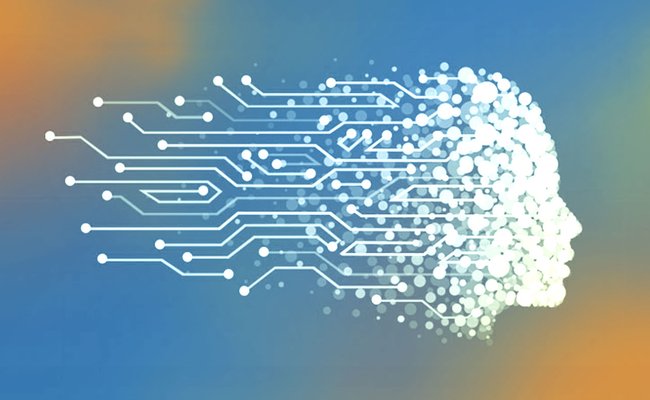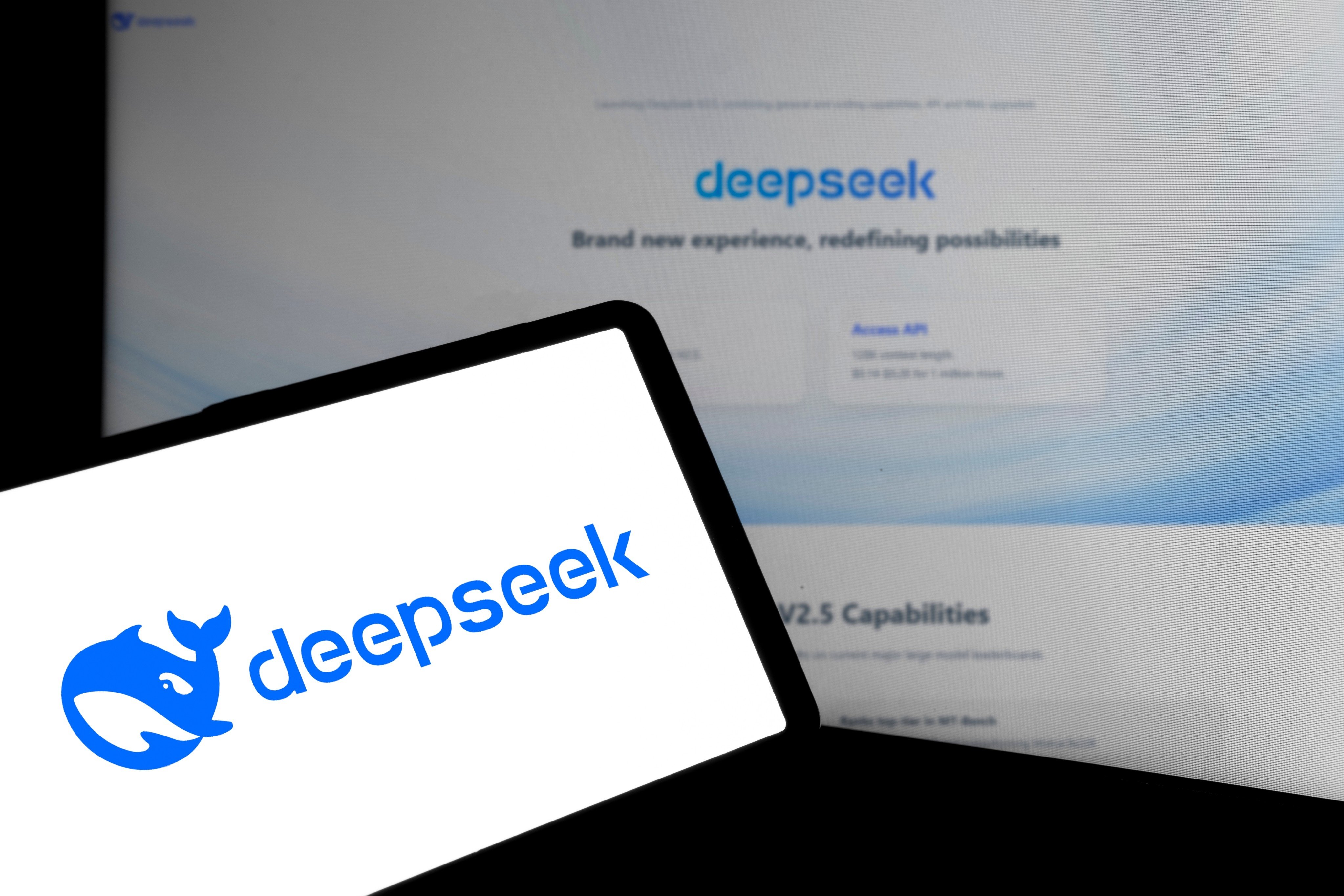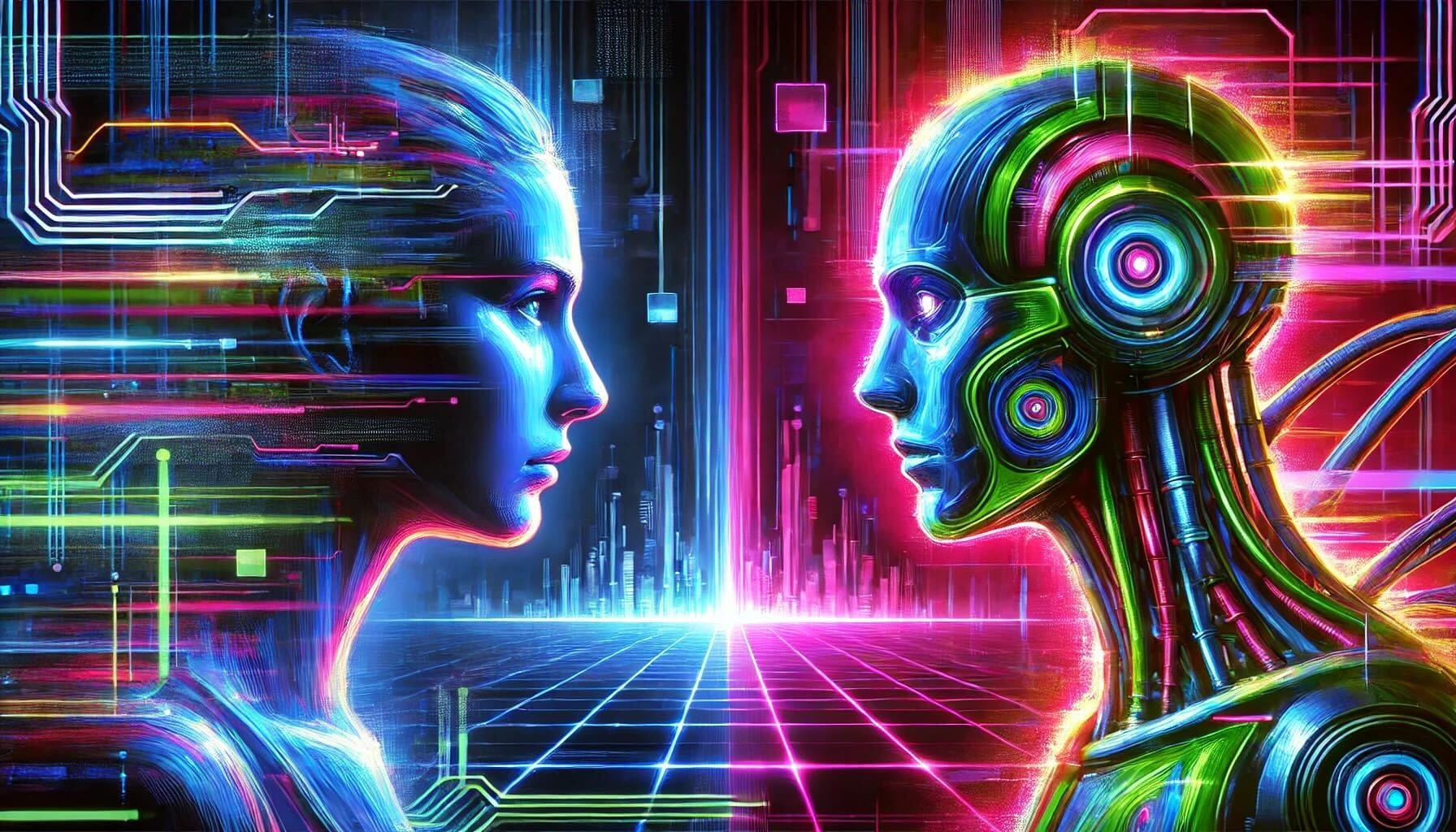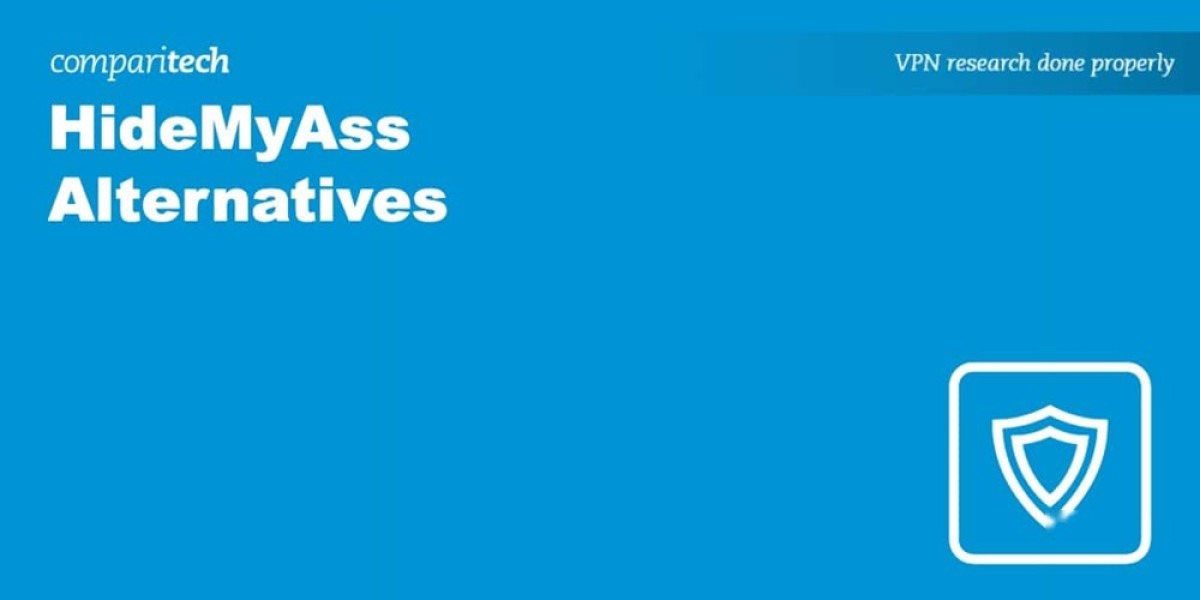
Expert System (AI) is transforming education while making finding out more accessible but likewise stimulating disputes on its impact.

While trainees hail AI tools like ChatGPT for boosting their knowing experience, lecturers are raising concerns about the growing reliance on AI, which they argue fosters laziness and undermines academic stability, specifically with many trainees not able to protect their tasks or given works.

Prof. Isaac Nwaogwugwu, a speaker at the University of Lagos, in an interview with Nairametrics, expressed disappointment over the growing dependence on AI-generated responses among students stating a recent experience he had.
RelatedStories
Avoid sharing individual details that can determine you with AI tools- Expert alerts
Chinese AI app DeepSeek triggers worldwide tech selloff, challenges U.S. AI supremacy
"I gave a project to my MBA students, and out of over 100 students, about 40% sent the exact very same answers. These students did not even understand each other, but they all utilized the exact same AI tool to produce their actions," he said.
He noted that this pattern prevails among both undergraduate and postgraduate students but is especially concerning in part-time and range knowing programs.
"AI is a serious challenge when it comes to assignments. Many students no longer believe critically-they just go on the internet, create answers, and send," he included.
Surprisingly, some speakers are also implicated of over-relying on AI, setting a cycle where both educators and trainees turn to AI for convenience instead of intellectual rigor.
This dispute raises important concerns about the function of AI in academic integrity and student development.
According to a UNESCO report, gratisafhalen.be while ChatGPT reached 100 million month-to-month active users in January 2023, just one nation had launched policies on generative AI as of July 2023.
Since December 2024, ChatGPT had more than 300 million people using the AI chatbot each week and 1 billion messages sent every day all over the world.
Decline of scholastic rigor
University speakers are significantly concerned about trainees sending AI-generated projects without truly understanding the material.
Dr. Felix Echekoba, a speaker at Nnamdi Azikiwe University, expressed his issues to Nairametrics about trainees increasingly counting on ChatGPT, just to have problem with addressing basic concerns when evaluated.
"Many students copy from ChatGPT and submit polished tasks, however when asked standard concerns, they go blank. It's disappointing due to the fact that education has to do with learning, not just passing courses," he said.

- Prof. Nwaogwugwu pointed out that the increasing variety of superior graduates can not be completely associated to AI but confessed that even high-performing students utilize these tools.
"A superior trainee is a first-class student, AI or not, however that does not mean they don't cheat. The benefits of AI might be peripheral, but it is making students dependent and less analytical," he stated.
- Another speaker, Dr. Ereke, from Ebonyi State University, raised a different issue that some lecturers themselves are guilty of the same practice.
"It's not just students using AI lazily. Some speakers, out of their own laziness, produce lesson notes, course outlines, marking plans, and even exam questions with AI without examining them. Students in turn utilize AI to produce responses. It's a cycle of laziness and it is eliminating real knowing," he regreted.
Students' point of views on use
Students, on the other hand, state AI has improved their learning experience by making academic materials more understandable and accessible.
- Eniola Arowosafe, a 300-level Business Administration student at Unilag, shared how AI has significantly helped her learning by breaking down complex terms and offering summaries of prolonged texts.
"AI helped me understand things more easily, especially when dealing with complex topics," she described.
However, she remembered an instance when she used AI to send her job, only for her lecturer to immediately recognize that it was created by ChatGPT and decline it. Eniola noted that it was a good-bad impact.
- Bryan Okwuba, who recently finished with a first-class degree in Pharmacy Technology from the University of Lagos, nerdgaming.science securely believes that his scholastic success wasn't due to any AI tool. He attributes his impressive grades to actively interesting by asking concerns and focusing on locations that speakers stress in class, as they are frequently reflected in examination concerns.
"It's all about being present, paying attention, and using the wealth of understanding shared by my associates," he stated,
- Tunde Awoshita, a final-year marketing trainee at UNIZIK, confesses to periodically copying straight from ChatGPT when facing several deadlines.
"To be sincere, there are times I copy directly from ChatGPT when I have multiple deadlines, and I know I'm guilty of that, most times the lecturers do not get to review them, however AI has actually likewise assisted me learn faster."
Balancing AI's function in education
Experts believe the solution depends on AI literacy; mentor trainees and speakers how to use AI as a knowing aid rather than a faster way.
- Minister of Education, Dr. Tunji Alausa, highlighted the combination of AI into Nigeria's education system, worrying the importance of a well balanced approach that preserves human participation while utilizing AI to enhance learning outcomes.
"As we navigate the rapidly progressing landscape of Expert system (AI), it is important that we prioritise human agency in education. We should make sure that AI boosts, instead of replaces, educators' crucial role in forming young minds," he said
Dorcas Akintade, a cybersecurity transformation specialist, dealt with growing concerns relating to using expert system (AI) tools such as ChatGPT and their potential risks to the academic system.
- She acknowledged the advantages of AI, nevertheless, highlighted the need for care in its usage.
- Akintade highlighted the increasing hesitance among educators and schools towards including AI tools in discovering environments. She identified two primary reasons AI tools are dissuaded in academic settings: security dangers and plagiarism. She described that AI tools like ChatGPT are trained to react based upon user interactions, users.atw.hu which may not align with the expectations of educators.
"It is not taking a look at it as a tutor," Akintade said, describing that AI doesn't deal with particular teaching approaches.
Plagiarism is another concern, as AI pulls from existing information, frequently without appropriate attribution
"A lot of people require to understand, like I said, this is information that has actually been trained on. It is not simply bringing things out from the sky. It's bringing info that some other people are fed into it, which in essence suggests that is another person's paperwork," she cautioned.
- Additionally, Akintade highlighted an early concern in AI development referred to as "hallucination," where AI tools would generate info that was not factual.
"Hallucination implied that it was highlighting information from the air. If ChatGPT might not get that details from you, it was going to make one up," she explained.
She advised "grounding" AI by offering it with specific information to prevent such errors.
Navigating AI in Education
Akintade argued that banning AI tools outright is not the option, particularly when AI provides an opportunity to leapfrog traditional instructional techniques.
- She believes that consistently enhancing crucial info helps individuals remember and avoid making errors when confronted with challenges.
"Immersion brings conversion. When you tell individuals the same thing over and over once again, when they will make the mistakes, then they'll remember."
She also empasized the need for clear policies and procedures within schools, keeping in mind that many schools ought to attend to individuals and procedure aspects of this use.
- Prof. Nwaogwugwu has turned to in-class projects and tests to counter AI-driven academic dishonesty.
"Now, I primarily use tasks to guarantee students provide initial work." However, he acknowledged that handling big classes makes this method difficult.
"If you set complicated questions, students won't have the ability to utilize AI to get direct responses," he discussed.

He highlighted the need for universities to train speakers on crafting test concerns that AI can not quickly resolve while acknowledging that some lecturers struggle to counter AI abuse due to a lack of technological awareness. "Some speakers are analogue," he said.
- Nigeria launched a draft National AI Strategy in August 2024, focusing on ethical AI advancement with fairness, openness, responsibility, and personal privacy at its core.
- UNESCO in a report calls for the guideline of AI in education, recommending institutions to audit algorithms, information, and outputs of generative AI tools to guarantee they meet ethical requirements, secure user data, and filter inappropriate content.
- It stresses the requirement to evaluate the long-term effect of AI on important skills like thinking and creativity while producing policies that align with ethical structures. Additionally, UNESCO recommends implementing age restrictions for GenAI use to safeguard more youthful students and secure susceptible groups.
- For federal governments, it encouraged adopting a coordinated national technique to regulating GenAI, including developing oversight bodies and aligning guidelines with existing information security and personal privacy laws. It emphasizes examining AI risks, imposing more stringent rules for high-risk applications, and making sure national information ownership.








